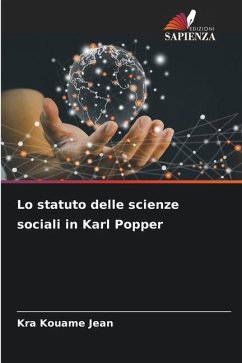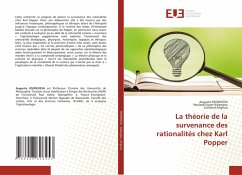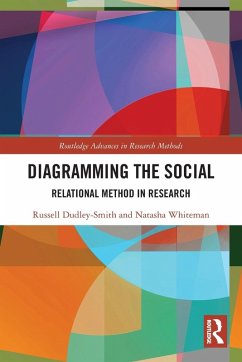
The status of the social sciences in Karl Popper
Versandkostenfrei!
Versandfertig in 6-10 Tagen
64,99 €
inkl. MwSt.

PAYBACK Punkte
32 °P sammeln!
Can the critical method, responsible according to Popper for the increase in our knowledge and the progress of empirical sciences, be transposed to the social sciences? To this question, many of Popper's predecessors, notably the anti-naturalists, answered in the negative, believing that the historical relativity of social laws renders most of the methods of physics ineffective in sociology.But, with the concept of critical rationality and the adoption of falsifiability as a criterion of demarcation between science and non-science, Popper realizes the displacement of the criterion of scientifi...
Can the critical method, responsible according to Popper for the increase in our knowledge and the progress of empirical sciences, be transposed to the social sciences? To this question, many of Popper's predecessors, notably the anti-naturalists, answered in the negative, believing that the historical relativity of social laws renders most of the methods of physics ineffective in sociology.But, with the concept of critical rationality and the adoption of falsifiability as a criterion of demarcation between science and non-science, Popper realizes the displacement of the criterion of scientificity from verificationism towards falsificationism understood as a rigorous testing of theories . Thus, two major consequences arise from this. On the one hand, the consideration of the hypothetico-deductive method known as "trial and error" as the unique method of investigation in both the natural and social sciences; and on the other hand, the possibility offered to any rational activity of claiming the objectivity of knowledge thanks to the intersubjective critique of our theories.














